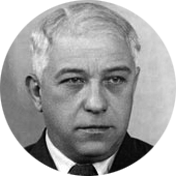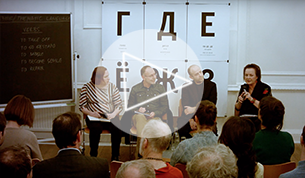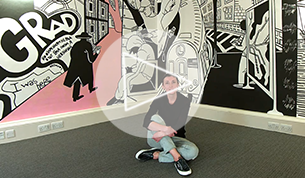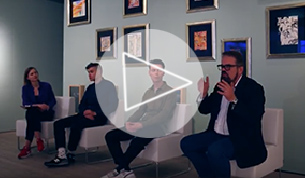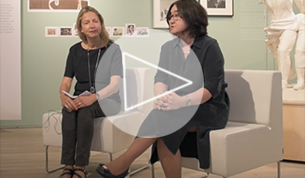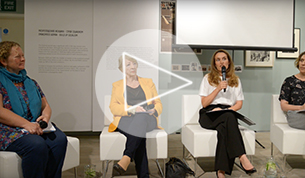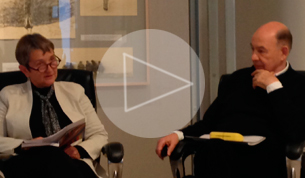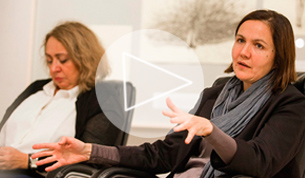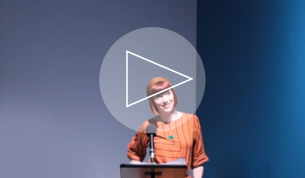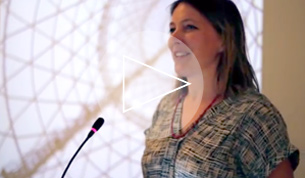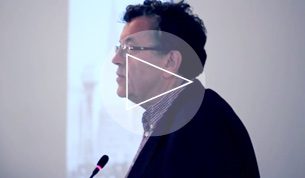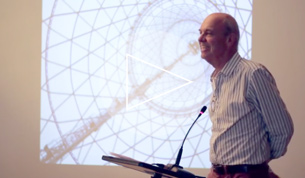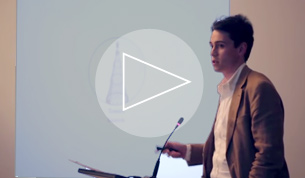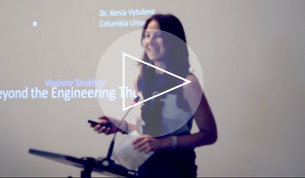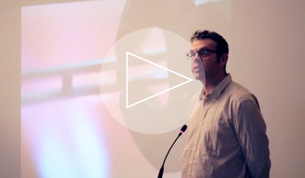Watch
Mother Tongue
Apparition of the Last Soviet Artist in London
ShadowMemory x Art Night Open
Postponed Futures
Superwoman: ‘Work, Build and Don’t Whine'
Unexpected Eisenstein
-
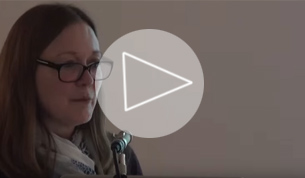 Rachel Morley:
Rachel Morley:
Russian Cinema before 1917 -
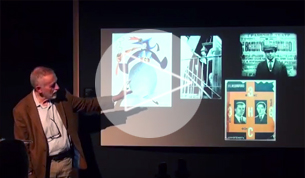 Ian Christie:
Ian Christie:
Besides Eisenstein: Protazanov, Barnet and the new Soviet cinema of the 1920s -
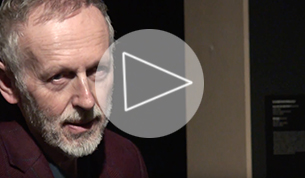 Ian Christie:
Ian Christie:
Maxim and co: creating the new heroes and heroines of the 1930s -
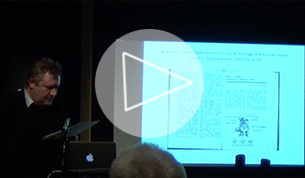 Phil Cavendish:
Phil Cavendish:
Soviet Colour Film, 1929-1945: An Experiment Understood by Very Few -
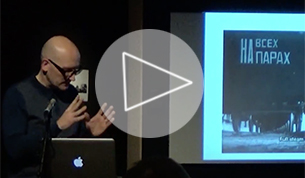 Jeremy Hicks:
Jeremy Hicks:
Meaningful Martyrdom — Death, Revolution and Victory from Lenin to the Reichstag, 1924–45 -
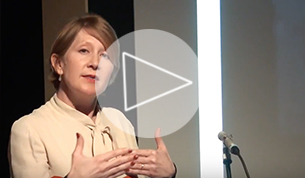 Emma Widdis:
Emma Widdis:
Film and the Making of the New Soviet Person: Bodies, Minds and Feelings -
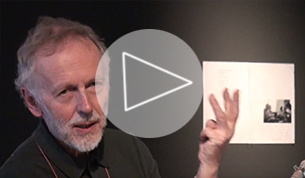 Ian Christie:
Ian Christie:
Hopes and fears: the Soviet New Wave of the 1960s -
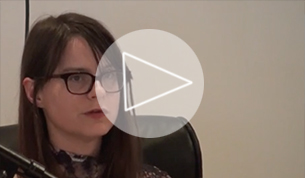 Carmen Gray:
Carmen Gray:
Andrei Tarkovsky: The Citizen Poet and the State -
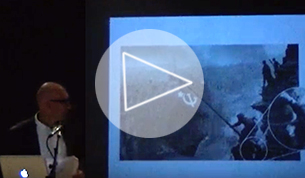 Jeremy Hicks:
Jeremy Hicks:
Reusing War Footage in Russian and Soviet Films, 1945–2015
Peripheral Visions
A Game in Hell. The Great War in Russia
-
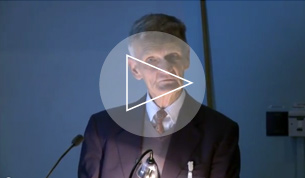 John E. Bowlt:
John E. Bowlt:
Introductory remarks -
 Elena Sudakova:
Elena Sudakova:
'Forgotten Heroes of the Great War' -
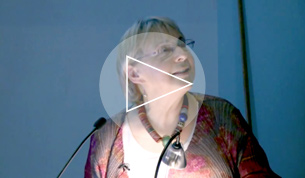 Christina Lodder:
Christina Lodder:
'A Painting Fit for Heroes: Kazimir Malevich's Reservist of the First Division' -
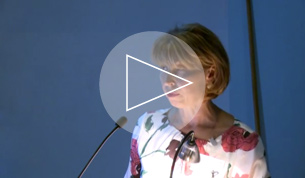 Natalia Budanova:
Natalia Budanova:
'Who Needs the Art Now?': Russian Women Artists Representing the Great War' -
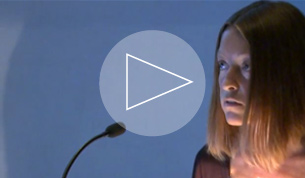 Valentina Parisi:
Valentina Parisi:
'Russian Avant-Garde Circles and the Literary Response to the Great War'
Work and Play Behind the Iron Curtain
The Shabolovka Tower Model
Kino/Film: Soviet Posters of the Silent Screen
-
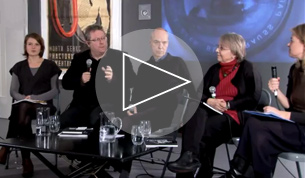 Curators and Special Guests:
Curators and Special Guests:
Panel Discussion with Exhibition -
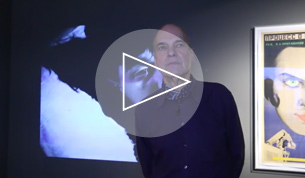 Lutz Becker:
Lutz Becker:
Curator talks: Chess Fever and The Three Million Case -
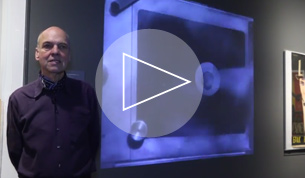 Lutz Becker:
Lutz Becker:
Curator talks: Man with a Movie Camera -
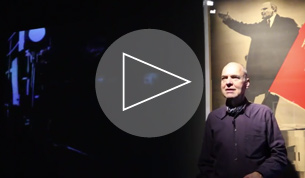 Lutz Becker:
Lutz Becker:
Curator talks: October -
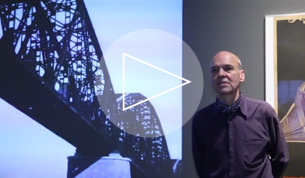 Lutz Becker:
Lutz Becker:
Curator talks: Storm Over Asia and Turksib -
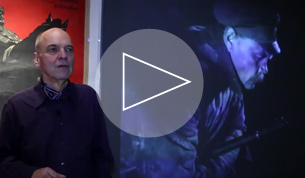 Lutz Becker:
Lutz Becker:
Curator talks: The End of St Petersburg -
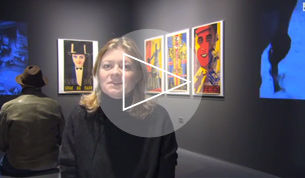 Elena Sudakova:
Elena Sudakova:
Soviet Posters of the Silent Screen
Utopia LTD
-
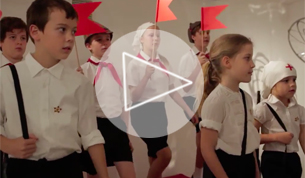 'Inside the Rainbow' Performance:
'Inside the Rainbow' Performance:
Directed by Irina Brown -
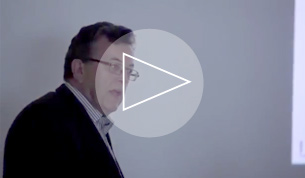 Professor John Milner:
Professor John Milner:
Seminar: 'Re-Constructivism' -
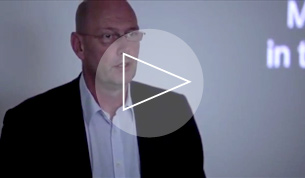 Willem Jan Renders:
Willem Jan Renders:
Seminar: 'After Lissitzky: Reconstructions at the Van Abbemuseum' -
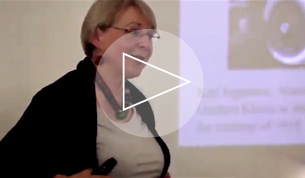 Christina Lodder:
Christina Lodder:
Seminar: 'Gustav Klucis: Transmitting Utopia' -
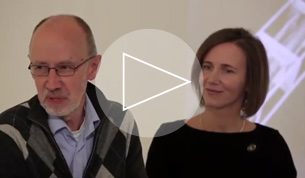 Aleksandr Shklyaruk:
Aleksandr Shklyaruk:
Seminar: 'Klucis and the Materialisation of a Futurist Idea' -
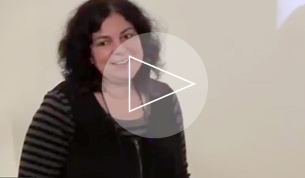 Dr. Maria Tsantsanoglou:
Dr. Maria Tsantsanoglou:
Seminar: 'Tatlin's Legend'
Listen
Superwoman: ‘Work, Build and Don’t Whine'
Unexpected Eisenstein
Bolt
A Game in Hell. The Great War in Russia
Read
Vladimir Vilner
(1885–1952)
Vladimir Vilner, born in Grodno (Belarus) in 1885, was a Soviet film and theatre director. In 1906 he studied in Switzerland and in 1912 he graduated with a degree in law from Saint Petersburg University.
Whilst in Saint Petersburg, he attended drama courses and began work as an actor at the New Drama Theatre, leading to his eventual abandonment of a career in law. From 1918 onwards, he was affiliated with Nikolai Sinelnikov’s troupe in Kharkov and directed performances in various theatres in the south of Russia. The next two decades saw Vilner work with various theatres and troupes from across the Soviet Union including Moscow, Kiev, Rostov-on-Don, Leningrad and Kuibyshev. From 1928 to 1931 he was director of Russian Drama Theatre, then from 1938 to 1941 the Ukrainian Drama Theatre (in the memory of I. Franko), and finally from 1949 to 1950 the Musical Comedy theatre — all three in Kiev.
It was in the mid-1920s that Vilner developed his interest in cinematography, and from 1926 to 1928 he worked at the VUFKU (All-Ukrainian Photo-Cinema Directorate) studio in Odessa. His films included Cement (1927) and Benia Krik (1926), written by Isaak Babel as an adaption of motifs from his Odessa stories. This was Babel’s first script, and the quality of text prompted director Eisenstein to recommend it to Ivor Montagu for English translation.
Being of Jewish origin, Vilner was particularly keen on Jewish culture and theatre, directing various productions in Yiddish. However, as anti-Semitism gained momentum in Russia, his projects began to grow unpopular with the authorities. In 1933 Ukrainfilm cancelled Vilner’s partially shot Shtetl Ladeniu (Mestechka Ladeniu) adapted from the comedy by the Ukrainian-Jewish writer Leonid Pervomaiskii.
Throughout this period Vilner continued to engage with academia and in 1947 he became a professor of the Kiev Theatre Institute. In 1940 he was awarded the title of the Ukraine People’s artist. Vilner died in Kiev in 1952.
